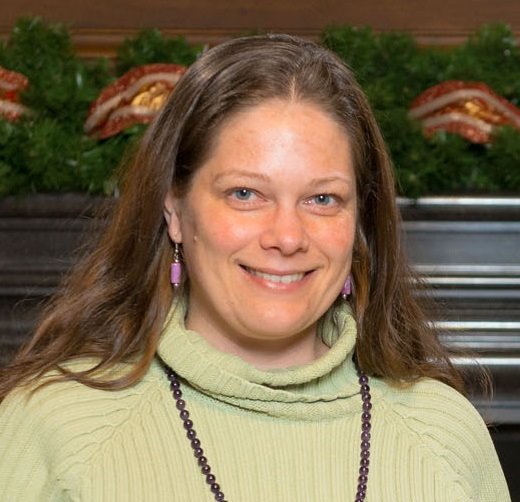Professional social scientists offer a diverse skillset that many government agencies need in their employees—communication, project leadership and management, research innovation, and policy translation, to name a few. If you might be interested in working for the federal government, you won’t want to miss the next edition of Social Science Fridays!
This second session of our new series, which will be held from 11:00 a.m.-12:00 p.m. MDT on Friday, May 5, will offer an opportunity to learn from social scientists working at agencies such as the U.S. Environmental Protection Agency, National Oceanic and Atmospheric Administration, U.S. Army Corps of Engineers, and U.S. Geological Survey. Panelists will talk about their educational backgrounds, social science research expertise, and current responsibilities. They will also share tips for those considering government service as a future career.
This is a timely conversation. Social scientists with advanced graduate degrees are seeking out a wider range of employment pathways. For example, in 2021, only 36% of doctoral recipients were employed in academia—a 25% decrease in the past two decades, according to the Survey of Earned Doctorates. In social sciences, 48% went into full-time positions in academia, representing nearly a two-thirds decrease since 2001.
For those considering other options for their master’s degrees or PhDs, especially those who study disasters, government agencies can provide opportunities to make a difference. Data from the annual census reports of the Social Science Extreme Events Research (SSEER) network suggests that nine percent of SSEER researchers work for a local, state, or federal government agency. We hope you will join us to learn more from some of the top social scientists in our federal mission agencies.







